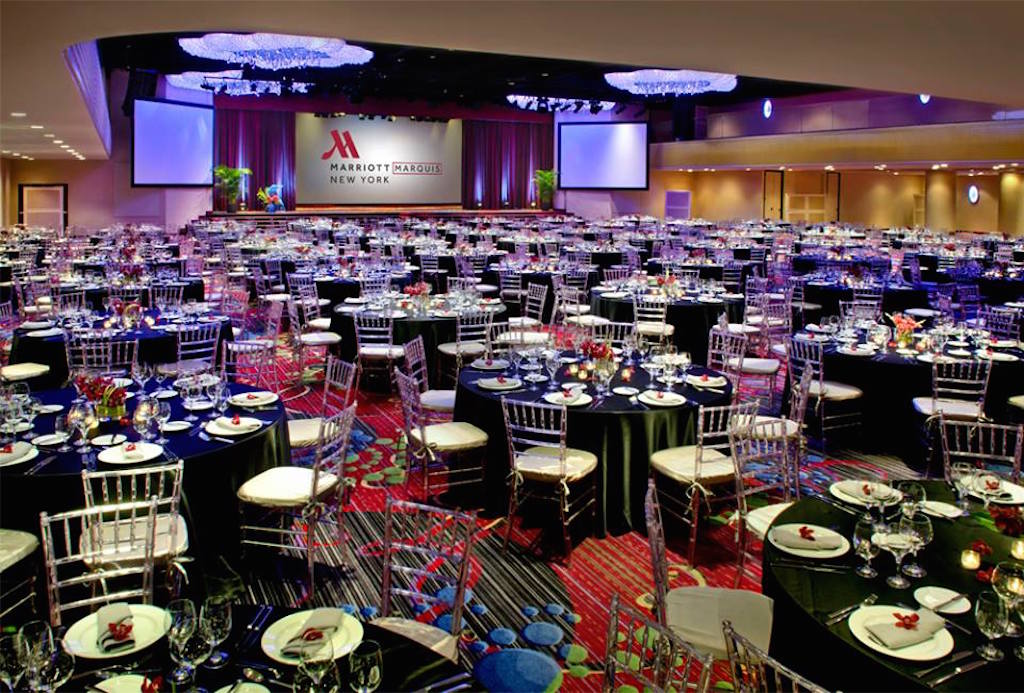Marriott Wi-Fi Jamming Plans Resoundingly Opposed by the Public

Skift Take
Marriott is claiming that its plans are misunderstood and that it merely seeks permission from the FCC to jam others' Wi-Fi in its conference rooms only. But travelers are telling the FCC that they don't want to be reliant on hotel Wi-Fi in conference rooms and other areas of the hotel.
Marriott International's hopes to jam bring-your-own Wi-Fi devices and other networks during conferences at its hotels has been resoundingly rejected by the public, including business travelers and frequent Marriott customers, in public comments to the Federal Communications Commission.
In fact, all 38 comments posted by the FCC about the issue to date expressed opposition to Marriott's Wi-Fi jamming hopes, which were backed by Hilton Worldwide and the American Hotel & Lodging Association, a trade group, but opposed by Google and Microsoft. (The FCC actually posted 39 comments, and one was neutral or off-topic.)
The barrage of opposition comments prompted Marriott to issue a clarifying statement on December 30:
"To set the record straight it has never been nor will it ever be Marriott's policy to limit our guests' ability to access the Internet by all available means, including through the use of personal Mi-Fi and/or Wi-Fi devices. As a matter of fact, we invite and encourage our guests to use these Internet connectivity devices in our hotels. To be clear, this matter does not involve in any way Wi-Fi access in hotel guestrooms or lobby spaces." [See the full statement at the end of this post.]
To make matters worse for Marriott, the New York Times came out with an editorial January 3, headlined Brazen Attempts by Hotels to Block Wi-F
